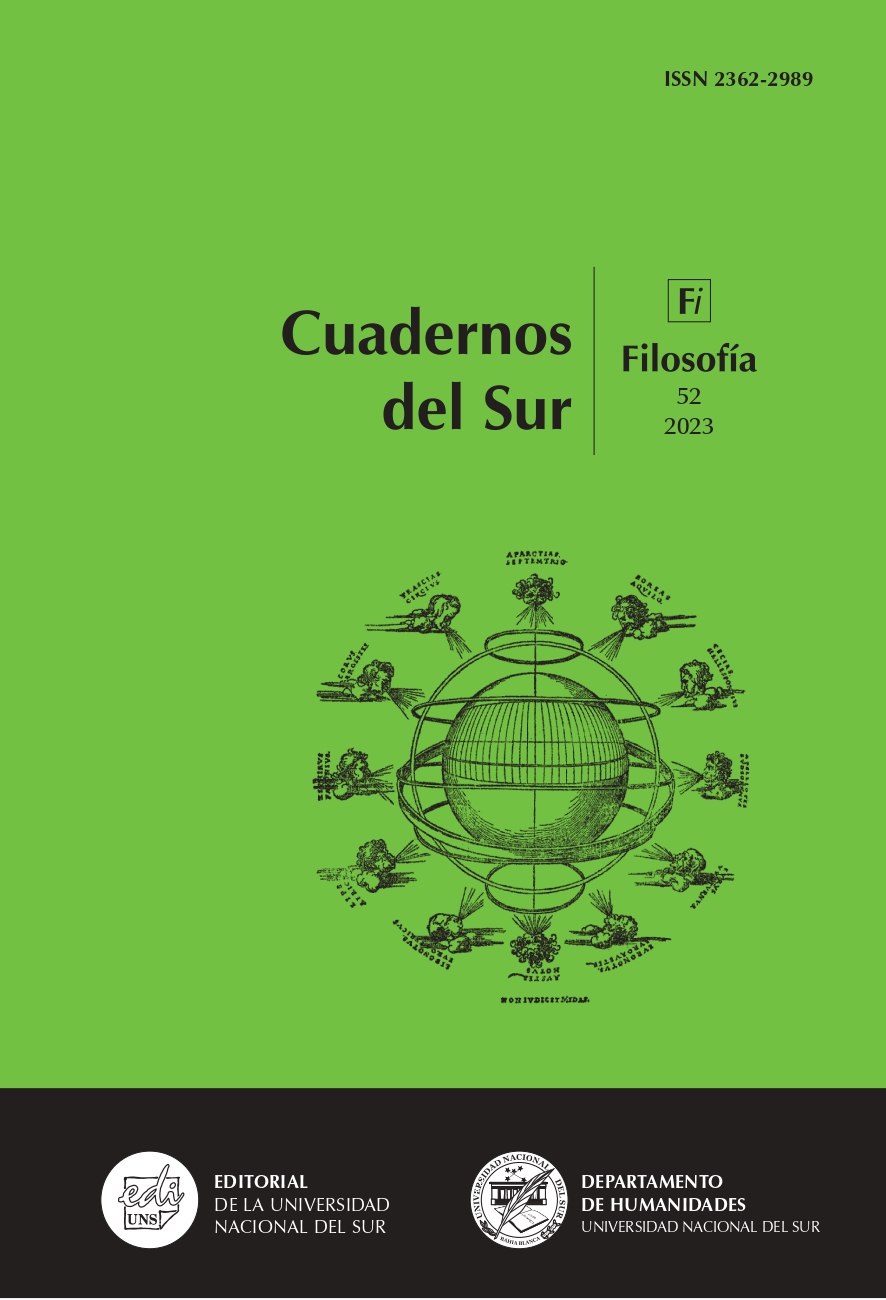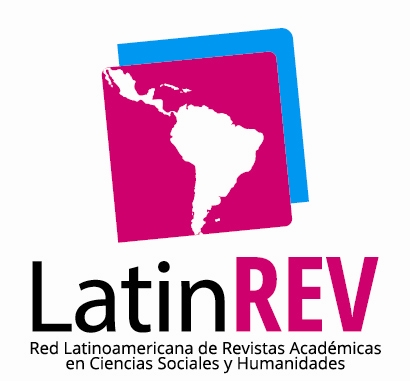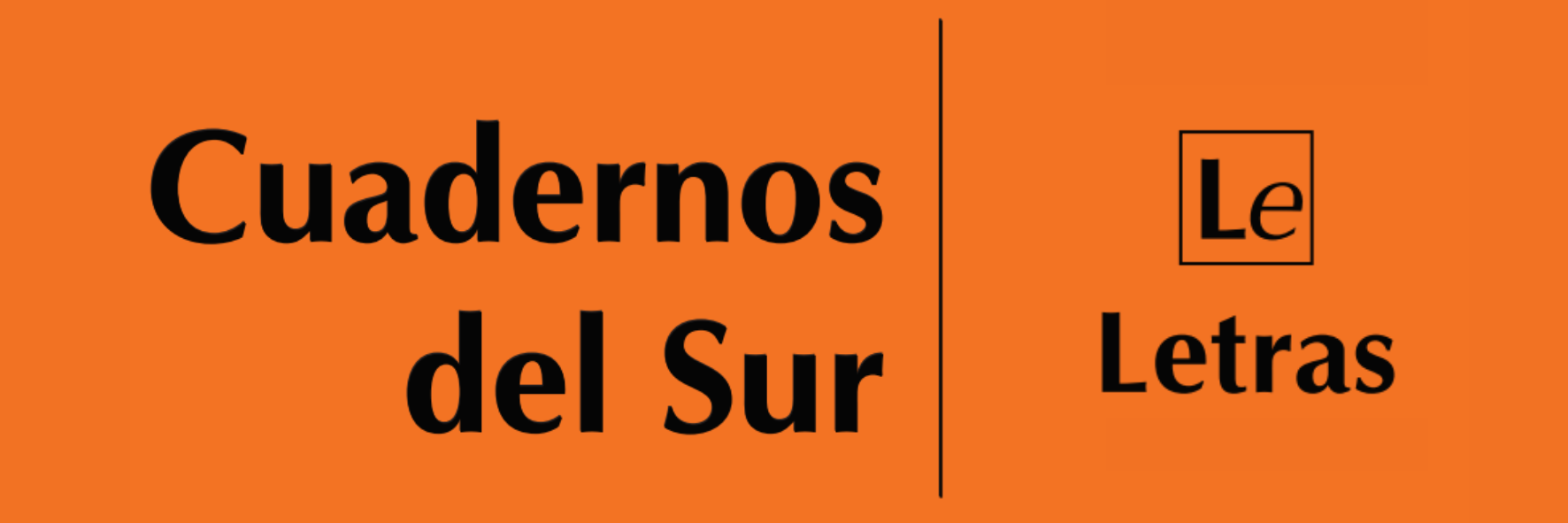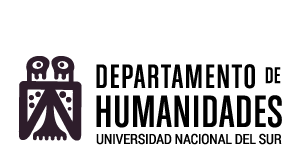Despotismo como “extranjería” política en Tocqueville: una revisión de su concepción aristotélica
DOI:
https://doi.org/10.52292/csf5220234508Keywords:
representation, foreignness, despotismAbstract
The present work investigates the crisis of political representation in democracy in light of the worldview of despotism in Tocqueville's work. Based on this postulate, he formulates analogies with Aristotle's conception of despotism with the aim of substantiating an established variant of despotism that exceeds the governmental environment to become involved in the behavior of individuals. In this way, the text polemicizes with interpretations that link the figure of Tocqueville with the tradition of the Enlightenment based on the structural prevalence of its effects. To discredit these positions, we separate Tocquevillian despotism from the features of a historical determinism crystallized over the governmental environment, showing how the crisis of political representation in the democracy of the United States allows us to substantiate the subjective and intersubjective importance of despotism to the detriment of its exclusive structural repercussions.
Downloads
References
Tocqueville, Alexis (2004), El Antiguo Régimen y la revolución, México, Fondo de Cultura Económica, [1856].
----- (2018), La democracia en América, Madrid, Trotta, [edición crítica y traducción de Eduardo Nolla] [1835].
Arendt, Hannah (2004), Sobre la revolución, Madrid, Alianza.
Aristóteles (2007), Política, Madrid, Alianza.
Balakrishnan, Gopal (2002), “El oráculo de la posdemocracia”, New Left Review, n° 13, pp. 169-178.
Berty, Enrico (2012), El pensamiento político de Aristóteles, Madrid, Gredos.
Bobbio, Norberto (1991), El futuro de la democracia, México, Fondo de Cultura Económica, [1984].
Elster, Jon (1998), “Regla de la Mayoría y Derechos Individuales”, Ágora, n° 8, pp. 61-98.
Habermas, Jürgen (1994), Historia y crítica de la opinión pública, Barcelona, Gustavo Gili, S. A, [1962].
Jeager, Werner (1946), Aristóteles: bases para la historia de su desarrollo intelectual, México, Fondo de Cultura Económica.
Kaledin, Arthur (1985), “Tocqueville’s apocalypse: culture, politics, and freedom in Democracy in America”, The Tocqueville Review/La Revue Tocqueville, vol. VII, pp. 3-98.
Koselleck Reinhart (2007), Crítica y crisis: Un estudio sobre la patología del mundo burgués, Madrid, Trotta, [1976].
Lamberti, Jean-Claude (2005), “La liberté et les illusions individualites selon Tocqueville”, en Guellec, Laurence (ed.), Tocqueville et l’espirit de la démocratie, París, Sciences po, pp. 153-163.
Lefort, Claude (1997), “La Menance: qui pése sur la pensé”, en Guellec, Laurence (ed.), Tocqueville et l’espirit de la démocratie, París, Sciences po, pp. 29-35.
Löwith, Karl (1968), De Hegel a Nietzsche: La quiebra revolucionaria del pensamiento en el siglo XIX. Marx y Kierkegaard, Buenos Aires, Sudamericana.
Pollitzer, María (2012), “Individuos perdidos en la multitud. Mill y Tocqueville sobre la sociedad democrática”, Revista de Instituciones, Ideas y Mercados, n° 56, pp. 5-34.
Schleifer, James (1984), Como nació la democracia en América de Tocqueville, México, Fondo de Cultura Económica.
Weber, Max (1977), ¿Qué es la burocracia?, Buenos Aires, La Pléyade.
Wolin, Sheldon (2001), Tocqueville between two worlds: The making of a political and theoretical life, Princeton, Princeton press.
How to Cite
Issue
Section
License
Copyright (c) 2023 Francisco Presta de las casas

This work is licensed under a Creative Commons Attribution-NonCommercial 4.0 International License.
Aquellos autores/as que tengan publicaciones con esta revista, aceptan los términos siguientes:- Los autores/as conservarán sus derechos de autor y garantizarán a la revista el derecho de primera publicación de su obra, el cuál estará simultáneamente sujeto a la licencia Atribución-No Comercial 4.0 Internacional CC BY-NC 4.0.
- Los autores/as podrán adoptar otros acuerdos de licencia no exclusiva de distribución de la versión de la obra publicada (p. ej.: depositarla en un archivo telemático institucional o publicarla en un volumen monográfico) siempre que se indique la publicación inicial en esta revista.
- Se permite y recomienda a los autores/as difundir su obra a través de Internet (p. ej.: en archivos telemáticos institucionales o en su página web) una vez publicado su trabajo, lo cual puede producir intercambios interesantes y aumentar las citas de la obra publicada. (Véase El efecto del acceso abierto).














